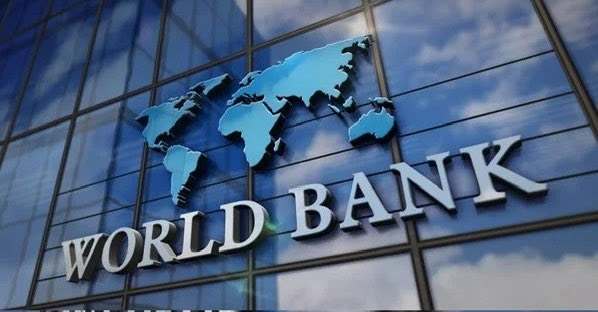The World Bank’s latest Nigeria Development Update (NDU) report, titled “From Policy to People: Bringing the Reform Gains Home,” released on Wednesday in Abuja, commended Nigeria’s economic reforms under President Bola Tinubu for delivering positive macroeconomic outcomes.
However, it cautioned that these gains are yet to improve living conditions for most Nigerians.
The report highlighted a 3.9% year-on-year economic growth in the first half of 2025, up from 3.5% in 2024, driven by stronger performances in services, non-oil sectors, agriculture, and oil production.
Nigeria’s foreign reserves surpassed $42 billion, with a current account surplus of 6.1% of GDP. Fiscal stability improved, with the federal deficit steady at 2.6% of GDP and public debt projected to fall from 42.9% to 39.8% of GDP, marking the first decline in over a decade.
Despite these achievements, the Bank noted that high food inflation and poverty continue to burden households, with the cost of a basic food basket surging fivefold from 2019 to 2024.
“The Nigerian government’s bold reforms are showing results, but stability must translate into better lives for the poor and vulnerable,” said Mathew Verghis, World Bank Country Director for Nigeria.
The report outlined three priorities: reducing food inflation by removing trade barriers and addressing agricultural and logistical bottlenecks; enhancing public spending efficiency and transparency; and expanding social protection through consistent, locally funded cash transfers.
Senior Economist Samer Matta projected growth to rise from 4.2% in 2025 to 4.4% by 2027 but warned that persistent inflation remains a significant hurdle. “Food inflation is the biggest tax on the poor,” he said, urging sustained reforms to ensure broader economic benefits.
Click to signup for FREE news updates, latest information and hottest gists everyday
Advertise on NigerianEye.com to reach thousands of our daily users









